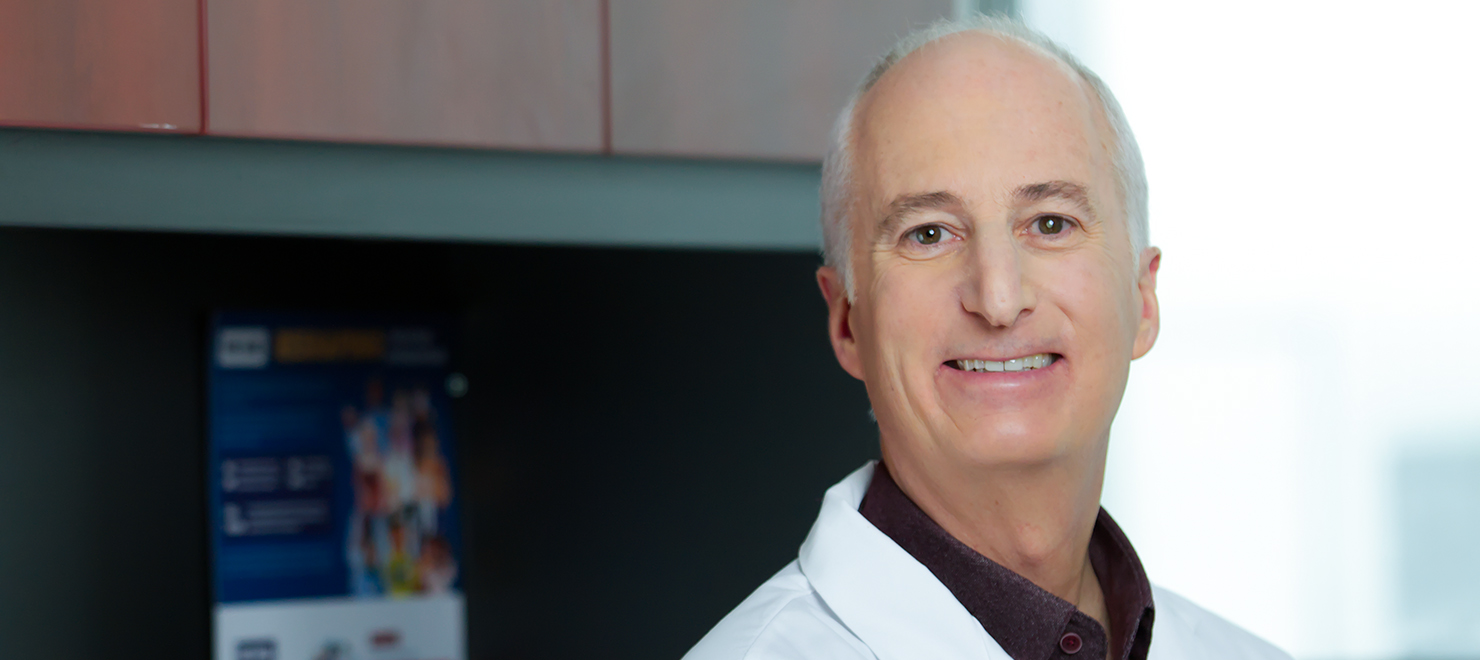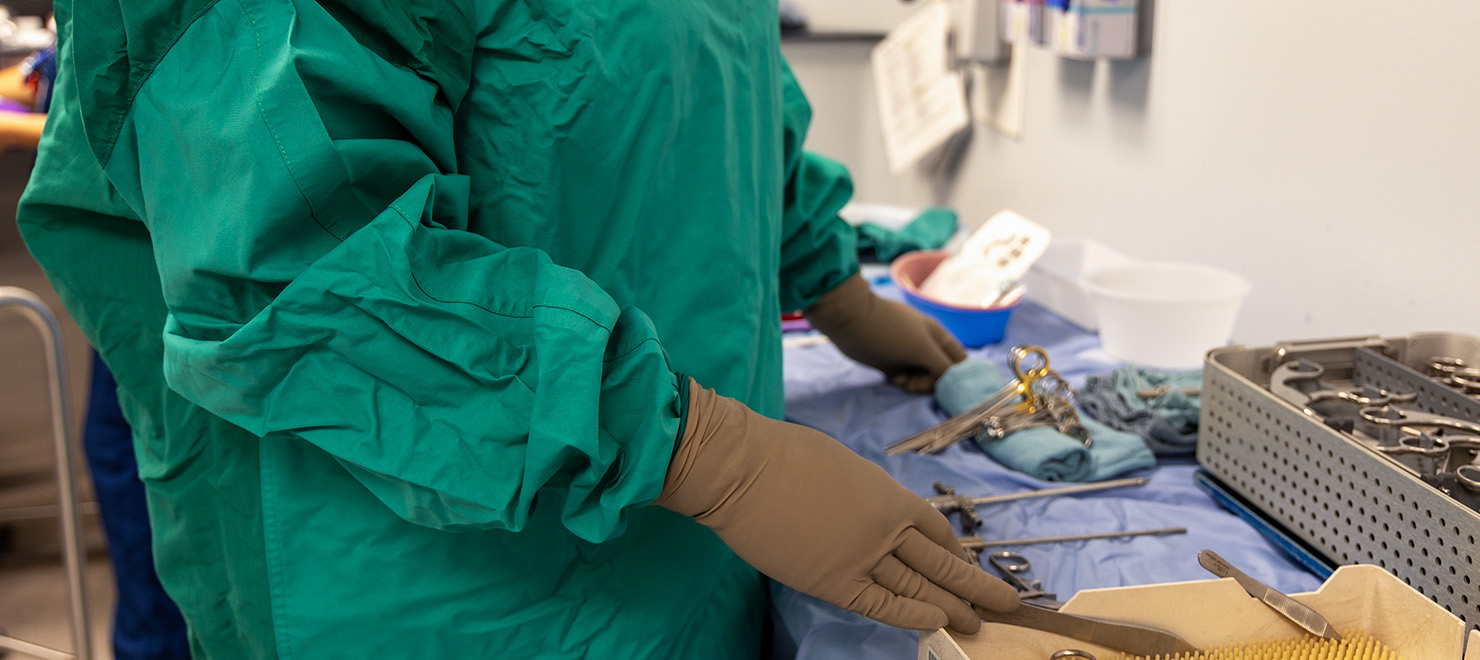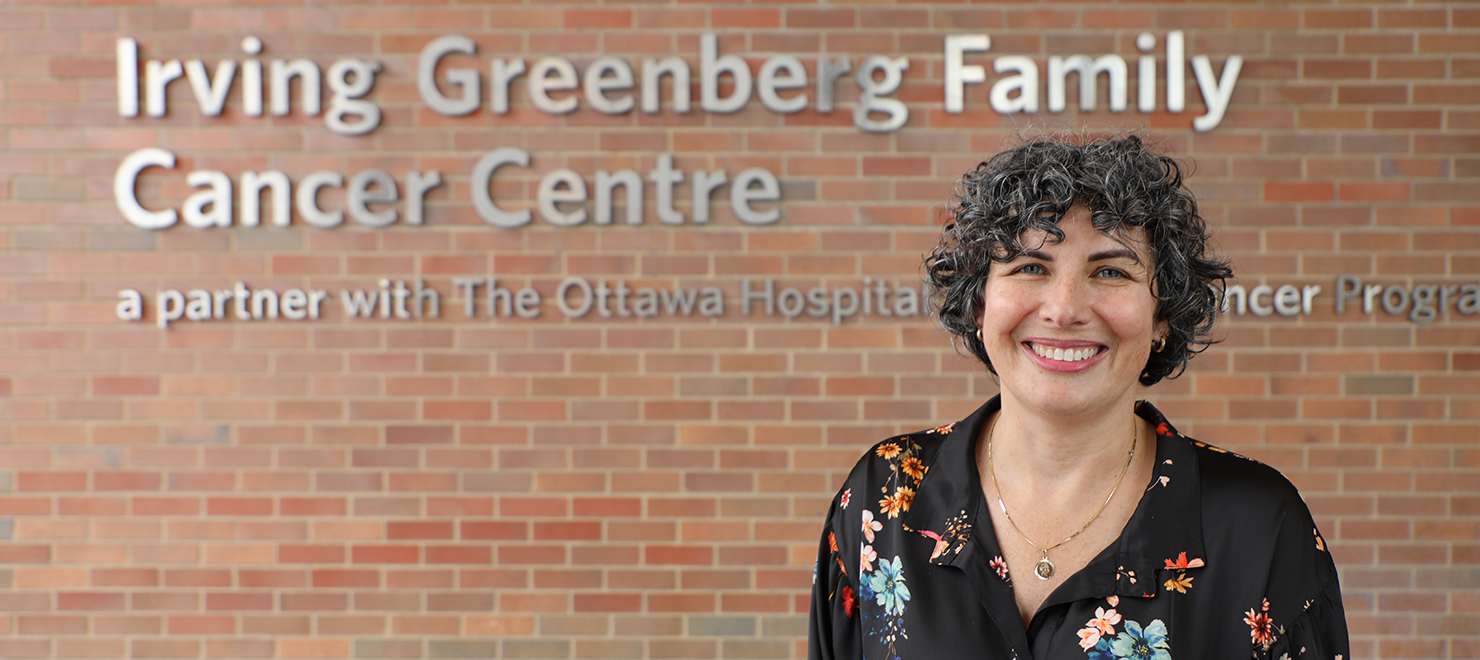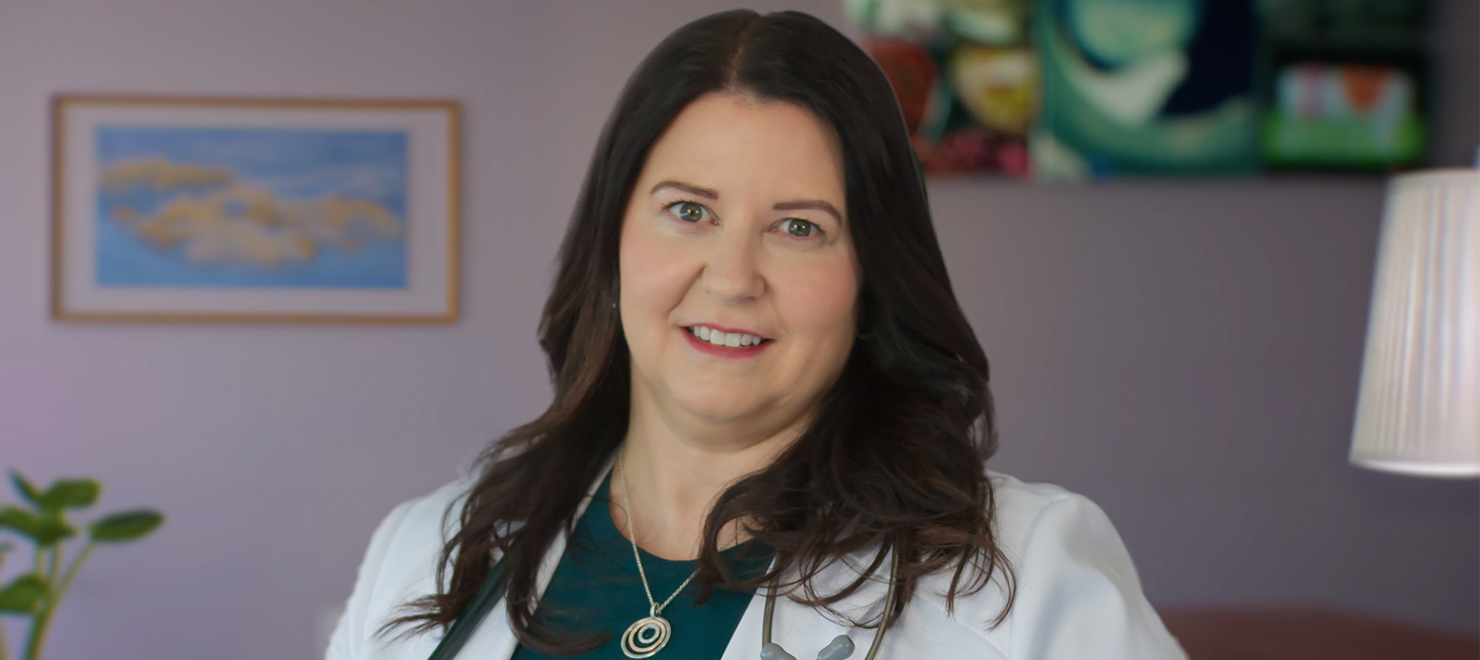Your health, simplified.
Finding information about your health shouldn’t be complicated. Healthy Tomorrows is a collection of health stories, insights and tips from experts at The Ottawa Hospital to help you and your family live healthier lives.
Respirologist answers FAQs about cystic fibrosis
Cystic fibrosis (CF) is the most common genetic disease affecting children and young adults in Canada. Respirologist Dr. Shawn Aaron provides an overview of CF, including causes, symptoms, and the remarkable improvements made in life expectancy over the years.
New reusable surgical gowns a step towards greener operating rooms
The Ottawa Hospital is finding safe, innovative ways to reduce medical waste in its operating rooms by using more environmentally sustainable products.
5 things to know if you or someone you love is dealing with infertility
Around the world, one in six couples struggle to make their dreams of parenthood a reality. Dr. Jenna Gale, a specialist in reproductive endocrinology and infertility, shares advice to help you or a loved one on the fertility journey.
“My story doesn’t have to be your story”: New screening test better at preventing cervical cancer
“I went from being a 32-year-old new mom to a cancer patient with an incurable diagnosis.” Alicia’s journey underscores the critical role of HPV testing in preventing cervical cancer. Discover how the new HPV test can save lives and find out how to book your cervical screening appointment with our “Superscreener.”
Sign language interpretation services at The Ottawa Hospital: 5 FAQs
Do you require a sign language interpreter when you come to The Ottawa Hospital? For patients who are Deaf or hard of hearing, we provide both American Sign Language (ASL) and Langue des Signes Québécoise (LSQ) interpretation services at no cost. Before your next appointment with us, find out everything you need to know.
A guide to mindful movement for pain management
Are you seeking relief from pain, discomfort or stress? In these four videos, Physiotherapist Cristin Kargus guides you through gentle, mindful movements to help you reconnect with your body.
By thinking differently, this research team is improving the lives of people with cancer
Taking a different approach to clinical trials, the REthinking Clinical Trials (REaCT) program aims to answer some of the most important and practical questions that affect both patients with cancer and our health-care system. Find out what sets REaCT apart and makes the program so special to participants like Beth.
February is Black History Month
Five members of The Ottawa Hospital’s Black community reflect on what this month means to them, their heritage and the importance of building a truly equitable health care system.
“Crash testers”: Preparing our health-care teams for real-life emergencies
Swapping patients for manikins, our Simulation Patient Safety Program recreates medical emergencies right in our hospital, allowing our care teams to “crash test” their responses to cardiac arrests, respiratory failures, mass casualty events and more. Dive into this Q&A for a closer look at how this training program enhances patient safety and quality of care.
Watch: What you need to know about coronary artery disease
Coronary artery disease is the most common form of heart disease and one of the leading causes of death worldwide. In this video, Cardiologist Dr. Nadine Gauthier shares risk factors, symptoms, treatment options and how to adopt a heart-healthy lifestyle.
Caring for our health-care workers
With access to family physicians, mental health support and even rejuvenating massage chairs, The Ottawa Hospital’s Wellness Program is working hard to support our staff and medical staff. For a closer look at how, check out this comprehensive guide to wellness resources at our hospital.
A new guide to navigating your mental health
The Ottawa Hospital has partnered with YouTube to create an important series of videos where health-care professionals offer expert guidance to help you or a loved one navigate mental health challenges.
Support patient care and research at
The Ottawa Hospital


 To reset, hold the Ctrl key, then press 0.
To reset, hold the Ctrl key, then press 0.











